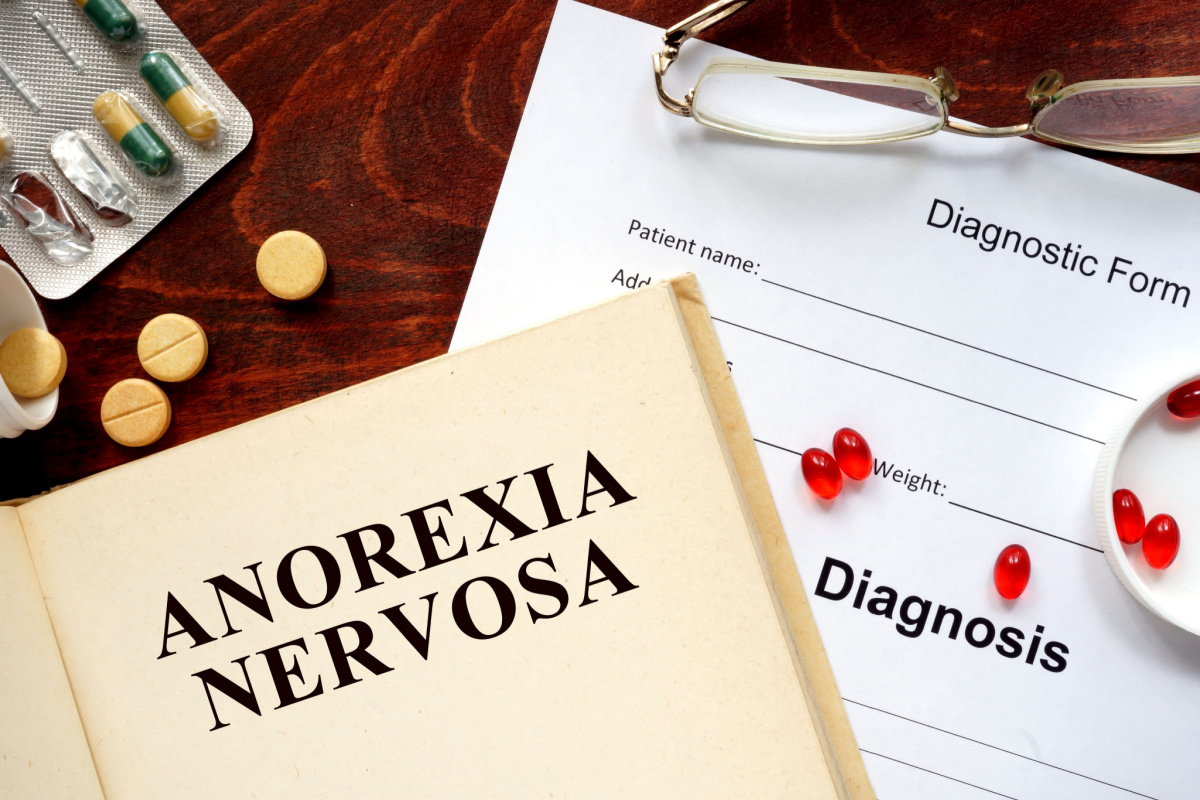
An Overview Of Anorexia Nervosa
Anorexia nervosa, simply called anorexia, is an eating disorder. It is characterized by very low body weight, fear of gaining weight, and an abnormally distorted perception of weight. Due to this, people suffering from anorexia place a very high value on weight control and maintaining their shape, making use of extreme efforts that can interfere with their daily lives.
To avoid weight gain, or to lose weight, people suffering from anorexia severely restrict the quantity of food that they eat. They may vomit after eating to control calorie intake or misuse diuretics, laxatives, diet aids, or enemas. Also, they may exercise excessively to lose weight. Regardless of the weight that they lose, they continue to fear weight gain. As per the experts in our Los Angeles compounding pharmacy, anorexia is not always about food. It is an unhealthy and even life-threatening way to cope with emotional issues and people suffering from this disorder can equate thinness with self-worth.
Like many other disorders, anorexia can take over your life and can prove really difficult to overcome. However, with proper treatment people suffering from anorexia can have a better sense of who they are, have healthier eating habits, and reverse some of the complications of the disorder.
Symptoms of Anorexia
Most of the physical symptoms of anorexia are related to starvation. It also involves behavioral and emotional issues that involve an unrealistic perception of body weight and intense fear of becoming fat or gaining weight. It can be difficult to notice the symptoms of anorexia as what is considered a low body weight can be different for each person and some people suffering from the disorder might not appear very thin. In addition, people suffering from anorexia can disguise their thinness, physical problems, or eating habits.
Some of the most common signs and symptoms of anorexia are:
- Very thin appearance
- Fatigue
- Abnormal blood counts
- Fainting or dizziness
- Hair that breaks, or falls out
- Insomnia
- Absence of menstruation
- Discoloration of fingers
- Yellowish or dry skin
- Abdominal pain or constipation
- Decreased blood pressure
- Irregular heartbeat
- Edema in arms or legs
- Intolerance of cold
- Dehydration
Treatment Of Anorexia
There are no prescription medications or guaranteed treatment for anorexia nervosa. Primary care physicians will be able to identify the early indicators of anorexia and can help prevent the development of the disorder. If you find that a family member has severe dieting issues, reduced self-esteem, and dissatisfaction with appearance, you need to talk to the person about these issues.